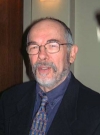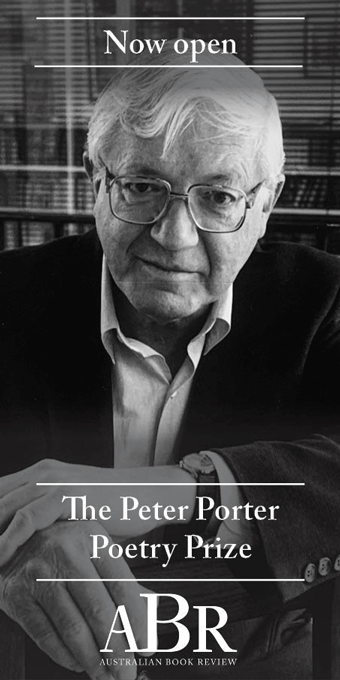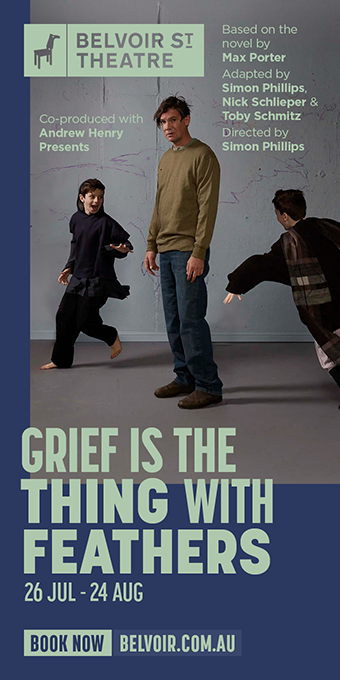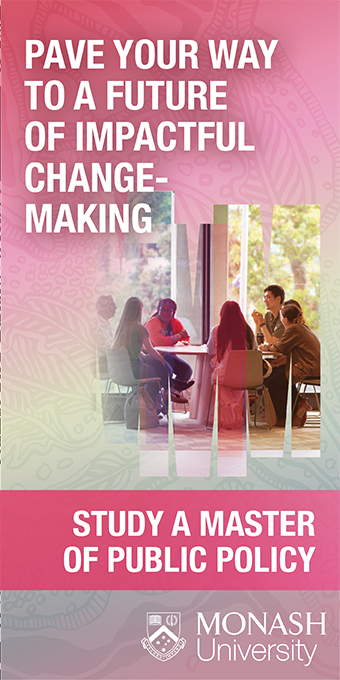John Rickard

John Rickard is the author of Australia: A Cultural History (2017). In his youth he worked as an actor and singer.
Darrell Lewis first encountered the Victoria River District of the Northern Territory in 1971 when he worked as a field assistant for the Bureau of Mineral Resources. ‘There was an aura about the country which fired my imagination,’ he writes. Since then, as an historian and archaeologist, he has become an authority on the Victoria River District, the land, its history, and its rock art. Now a ... (read more)
Annette Kellerman, described by Angela Woollacott as ‘swimmer, diver, vaudeville performer, lecturer, writer and a silent-film star’, has been rediscovered in recent years. In 1994 Sydney’s Marrickville Council renamed its Enmore Park Swimming Pool, upgrading it from a humble pool to the Annette Kellerman Aquatic Centre, in honour of the international celebrity, who briefly lived in the neig ... (read more)
I first saw Summer of the Seventeenth Doll in 1957 in London, of all places. I remember feeling some pride in seeing the symbolic kewpie doll presiding over the New Theatre in the heart of the West End. June Jago’s performance as Olive has stayed with me over the years; Philip Hope-Wallace, the Guardian reviewer, described her as ‘all chin and elbows, but as genuine a dramatic actress as you c ... (read more)
I first saw Summer of the Seventeenth Doll in 1957 in London, of all places. I remember feeling some pride in seeing the symbolic kewpie doll presiding over the New Theatre in the heart of the West End. June Jago’s performance as Olive has stayed with me over the years; Philip Hope-Wallace, the Guardian reviewer, described her as ‘all chin and elbows, but as genuine a dramatic actress as you c ... (read more)
The title of this book might, to an innocent observer, suggest a triumphalist history, an impression that could be reinforced by the preface, which argues that the setting up of a squatters’ camp on the banks of the Yarra in 1835 ‘had a significance far beyond the baptism of a great city’, and concludes with the remarkable declaration that ‘in this place, at this time, “Australia” was ... (read more)
Lacking a titled aristocracy and the leisured class that went with it, Australian colonial society encouraged an egalitarianism of manners. This, however, did not reflect the absence of social stratification: rather, as it has been argued, it was a means of being reconciled to it in a new setting. Nor did it mean, as Penny Russell demonstrates in Savage or Civilised?, that there were not many who ... (read more)
It is perhaps not surprising that historians, as they edge towards retirement, should consider the possibility of reviewing their own life history. So, for example, among the generation of postwar historians, Kathleen Fitzpatrick and Bernard Smith added powerful stories to our stock of Australian childhoods, while W.K. Hancock and Manning Clark, managing two volumes apiece, focused more on the lif ... (read more)
Different readings at the Melbourne International Arts Festival
by John Rickard
In October, Brett Sheehy’s Melbourne International Arts Festival presented, with a certain relish, I suspect, two productions that represent opposite ends of a dramatic spectrum of current concern to those working in theatre. Heiner Goebbels’s Stifters Dinge (Stifter’s Things) is introduced as ‘a comp ... (read more)




